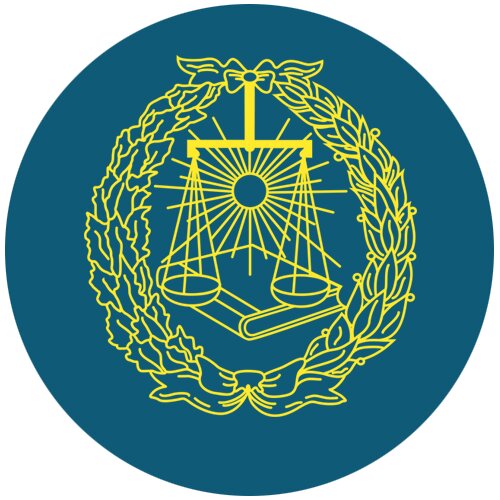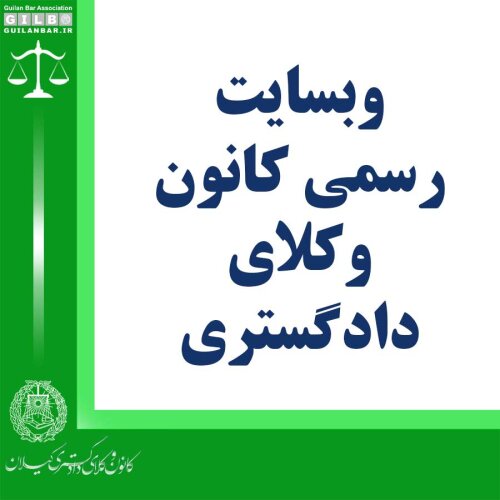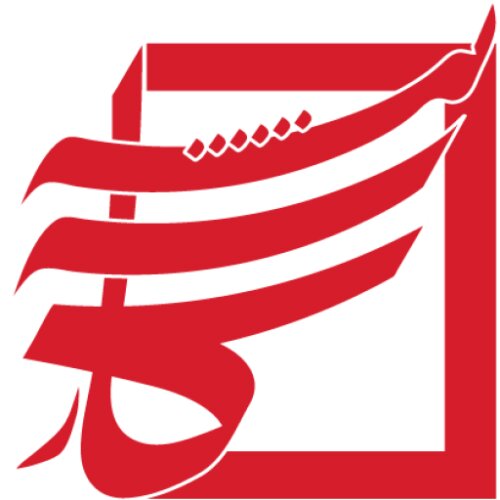Best Communications & Media Law Lawyers in Iran
Share your needs with us, get contacted by law firms.
Free. Takes 2 min.
Or refine your search by selecting a city:
List of the best lawyers in Iran
About Communications & Media Law in Iran
Communications & Media Law in Iran governs the usage and regulation of media outlets, including newspapers, television, radio, and the internet. It covers issues such as freedom of speech, defamation, privacy, and censorship. Compliance with these regulations is crucial to avoid legal consequences.
Why You May Need a Lawyer
You may require a lawyer specializing in Communications & Media Law in Iran for situations such as defamation claims, intellectual property disputes, censorship issues, or violations of privacy rights. A lawyer can help you navigate the complex legal landscape and protect your rights.
Local Laws Overview
In Iran, Communications & Media Law is governed by the Press Law, Cybercrime Law, and the Constitution, which guarantees freedom of expression within the limits of Islamic law. Censorship is common, and online activities are closely monitored. It's important to understand these laws to avoid legal issues.
Frequently Asked Questions
1. Can I criticize the government in Iran without facing legal consequences?
While freedom of expression is guaranteed in Iran's Constitution, criticizing the government can still lead to legal repercussions, especially if the criticism is perceived as crossing certain boundaries.
2. Are there restrictions on internet usage in Iran?
Yes, the Iranian government heavily censors online content and monitors internet usage. Certain websites and social media platforms are blocked, and online activities are subject to surveillance.
3. What are the consequences of defamation in Iran?
Defamation can result in criminal charges in Iran, leading to fines, imprisonment, or other penalties. It's crucial to be cautious when making statements about others, both online and offline.
4. How can I protect my intellectual property in Iran?
Registering your intellectual property rights, such as trademarks and copyrights, is essential in Iran to prevent infringement. A lawyer specializing in intellectual property law can help you enforce these rights.
5. Can I challenge censorship in Iran?
Challenging censorship in Iran can be difficult due to strict regulations and government control over media outlets. Consulting with a lawyer can help you explore legal options to address censorship issues.
6. Is online privacy protected in Iran?
Online privacy in Iran is limited, as the government closely monitors internet activities. It's important to be cautious about the information you share online to protect your privacy.
7. What are the penalties for violating media regulations in Iran?
Violating media regulations in Iran can result in fines, suspension of licenses, and even imprisonment. It's essential to comply with these regulations to avoid legal consequences.
8. How can I defend myself against false accusations in the media?
If you are facing false accusations in the media, seeking legal advice is crucial to protect your reputation. A lawyer specializing in Communications & Media Law can help you address the accusations and pursue legal remedies.
9. Are there legal protections for journalists in Iran?
Journalists in Iran face significant challenges, including censorship and harassment. While there are legal protections for journalists, freedom of the press is limited, and journalists often work under difficult conditions.
10. How can I stay informed about changes in Communications & Media Law in Iran?
Staying informed about changes in Communications & Media Law in Iran is essential to ensure compliance with regulations. Following reputable news sources and consulting with legal experts can help you stay updated on legal developments.
Additional Resources
For additional resources related to Communications & Media Law in Iran, consider reaching out to the Iranian Bar Association, the Ministry of Culture and Islamic Guidance, or local legal advocacy organizations specializing in media rights.
Next Steps
If you require legal assistance in Communications & Media Law in Iran, it's recommended to contact a qualified lawyer with expertise in this field. A lawyer can provide personalized advice and guidance based on your specific situation to protect your rights and interests.
Lawzana helps you find the best lawyers and law firms in Iran through a curated and pre-screened list of qualified legal professionals. Our platform offers rankings and detailed profiles of attorneys and law firms, allowing you to compare based on practice areas, including Communications & Media Law, experience, and client feedback.
Each profile includes a description of the firm's areas of practice, client reviews, team members and partners, year of establishment, spoken languages, office locations, contact information, social media presence, and any published articles or resources. Most firms on our platform speak English and are experienced in both local and international legal matters.
Get a quote from top-rated law firms in Iran — quickly, securely, and without unnecessary hassle.
Disclaimer:
The information provided on this page is for general informational purposes only and does not constitute legal advice. While we strive to ensure the accuracy and relevance of the content, legal information may change over time, and interpretations of the law can vary. You should always consult with a qualified legal professional for advice specific to your situation.
We disclaim all liability for actions taken or not taken based on the content of this page. If you believe any information is incorrect or outdated, please contact us, and we will review and update it where appropriate.
Browse communications & media law law firms by city in Iran
Refine your search by selecting a city.
















